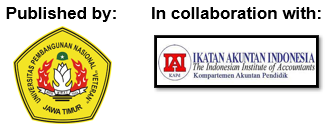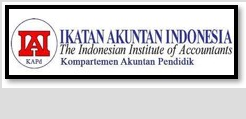What Most Influence on Non-Performing Loan in Indonesia? Bank Accounting Perspective with MARS Analysis
DOI:
https://doi.org/10.33005/jasf.v3i2.85Keywords:
Non-Performing Loans, credit growth, exchange rates, capital adequacy ratio, MARSAbstract
The research objective is to examine factors that affect non-performing loans at conventional private banks in Indonesia. These factors include growth in gross domestic product, interest rates, currency exchange rates, exports, credit growth, inflation, return on asset, operating costs to operating income, and the capital adequacy ratio. The sample used in this study was conventional private banks listed on the Indonesia Stock Exchange 2014-2019. Data analysis techniques using Multivariate adaptive regression spline (MARS). The study results inform that there is an influence between the predictor variables and the response variables based on functions in the model. The variables that affect non-performing loans are credit growth, exchange rates, inflation, capital adequacy ratio, return on asset, operating costs to operating income, and interest rates. In contrast, gross domestic product growth and export growth in this study do not affect non-performing loans in conventional private banks. The MARS model has informed that the most influential variable on non-performing loans is credit growth. Banking authorities need to control lending through the application of credit risk management and regulating the quality of credit loans to contribute to the results in this study.
Downloads
Downloads
Published
How to Cite
Issue
Section
License
Copyright (c) 2020 Nanang Shonhadji

This work is licensed under a Creative Commons Attribution 4.0 International License.














